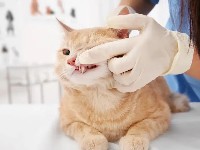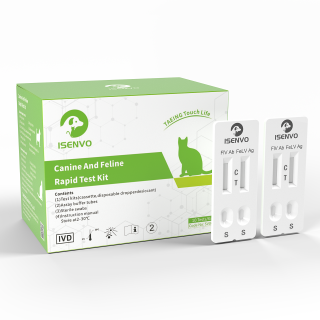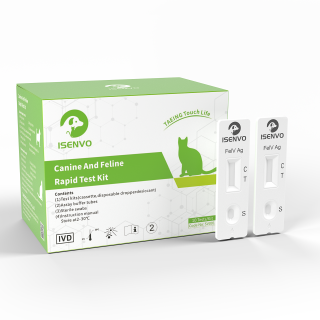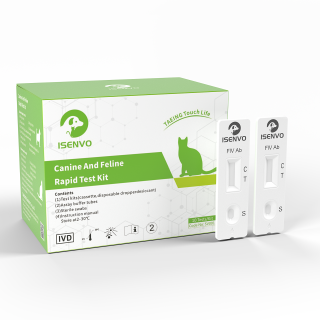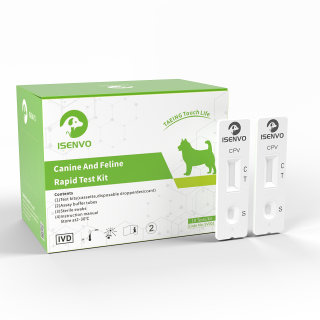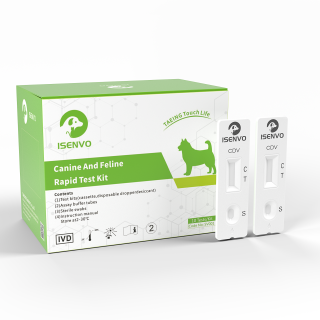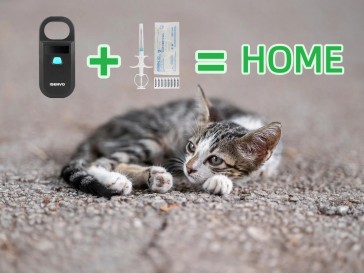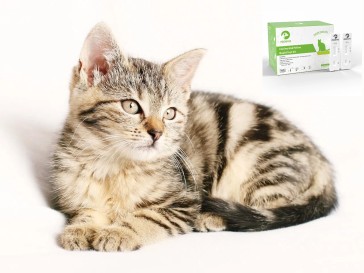Every responsible owner will deworm and vaccinate cats on time. Parasitic diseases are likely to infect every cat. Even cats that live indoors for a long time may be infected by parasites. Many owners can't help but wonder, why do cats get infected with parasites in such a clean environment?

The Ways cats get infected with parasites
1. Infection through eating raw meat
Cats that eat raw meat are very susceptible to parasites, especially Toxoplasma gondii. Cats get infected with parasites by eating the meat of animals infected with parasites. Many parents like to cut a piece of meat and throw it to cats begging for food at their feet when cooking, or deliberately feed raw meat to cultivate the wildness of cats. Feeding raw meat itself is not a big problem, because raw meat has high calories and good nutrition, and can quickly replenish the cat's physical strength, but it should be noted that cats must be dewormed regularly after eating raw meat.
2. Infection through cockroaches
If the home environment is not very hygienic and there are cockroaches in the house, even if the cat does not eat raw meat, there is still a risk of parasite infection. You know, cockroaches are hosts for many parasites and have thousands of bacteria and parasite eggs on their bodies. Cats, as curious hunters, like to catch cockroaches for fun, so cats will be infected with parasites when catching cockroaches.
3. Infection through mosquito bites
In summer, it is the "peak season" for mosquito breeding, and the annoying mosquitoes not only spread diseases such as malaria, but also spread parasites. Heartworms, which are fatal to cats, are spread through mosquito bites. So pay special attention to deworming cats in summer.
4. Spread through eggs in the soil
Many cat-raising families grow flowers, and cats are also very interested in plants. However, in addition to some plants that are harmful to cats, the soil for growing flowers also has hidden harm, because many parasites will lay eggs in the soil, and when cats play with the soil, the parasite eggs will stick to the cat's claws and hair, and enter the cat's body through the cat's licking.
5. Spread through the owner's clothes and shoes
When cat parents return home, cats generally greet them warmly and know what the owner has done today by smelling the owner's clothes and shoes. The owner's clothes and soles often carry "dirty things", especially cat parents who have the habit of feeding stray cats. Clothes and shoes may bring back parasite eggs, and cats may also be infected with parasitic diseases.
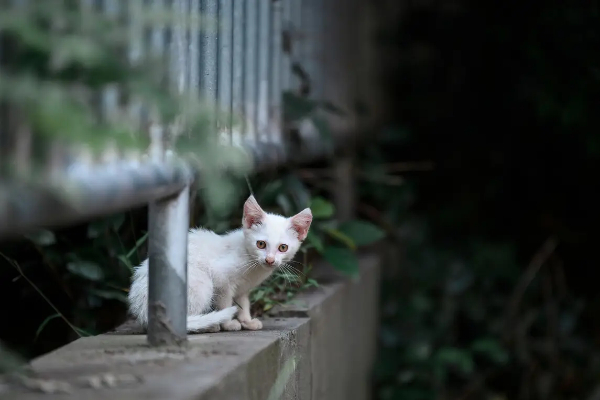
Cats have a high chance of being infected with parasites, but as long as you maintain good hygiene and deworm your cats regularly, you can still isolate the impact of parasites on your cat's health with a high probability. Many and very complex parasites can actually be basically dealt with with just a simple deworming pill, so even if the cat is suffering from parasites, the owner should not panic. As long as the deworming is done on time, there will generally be no major problems.

